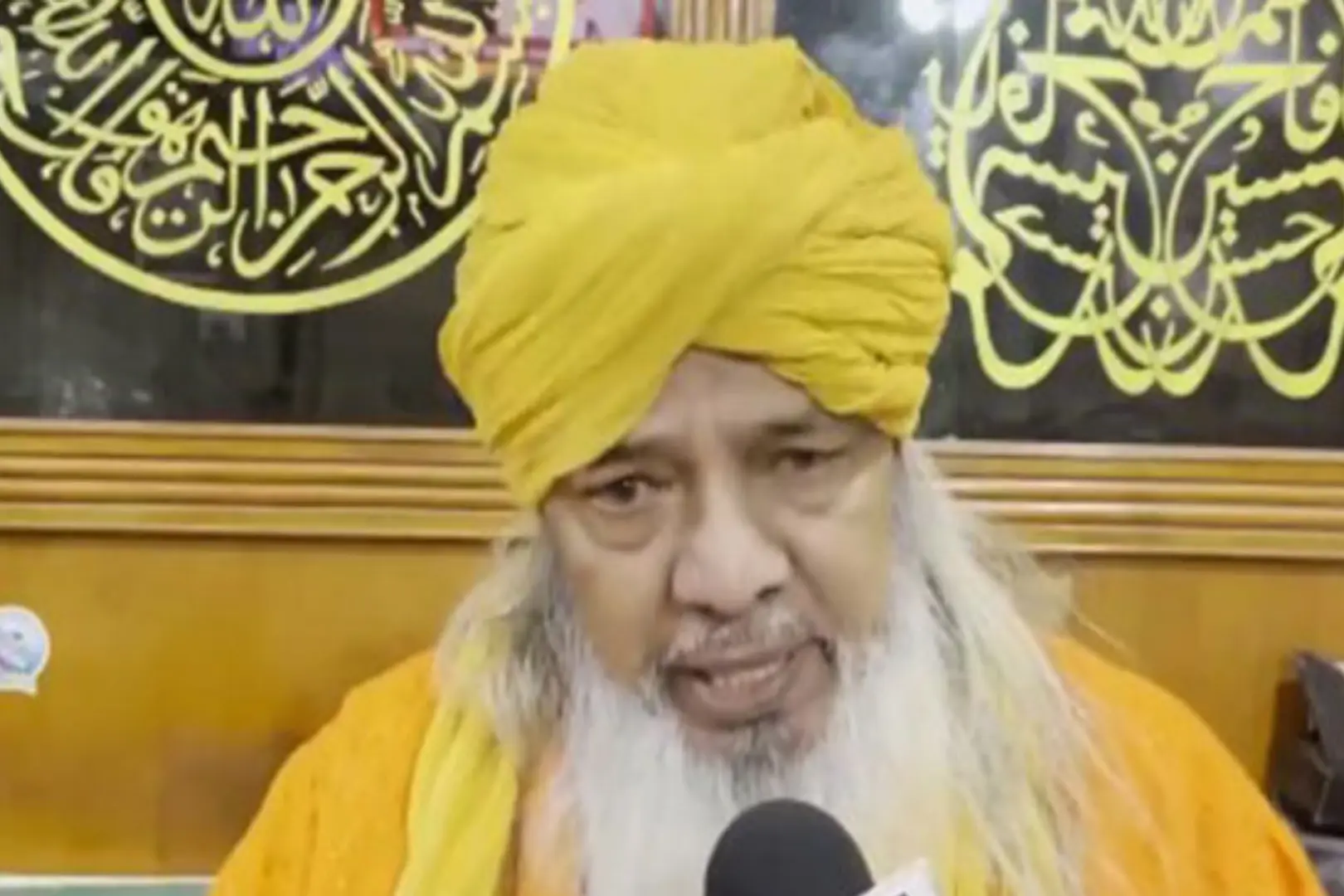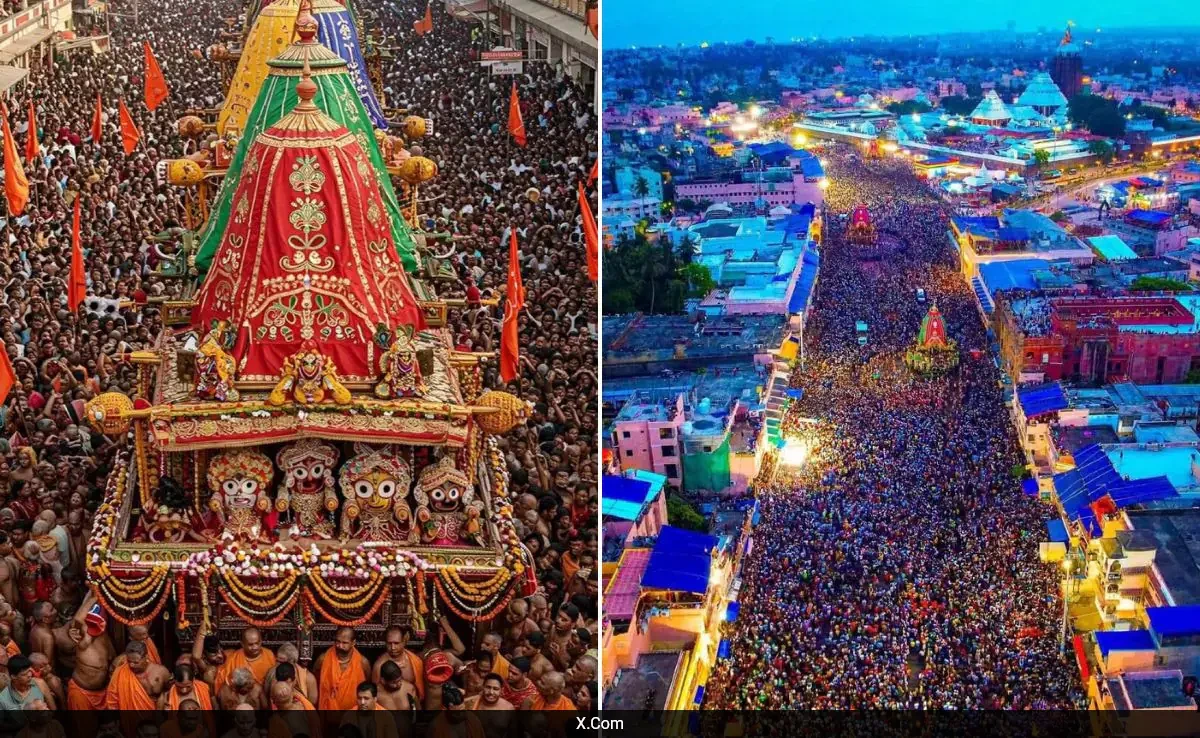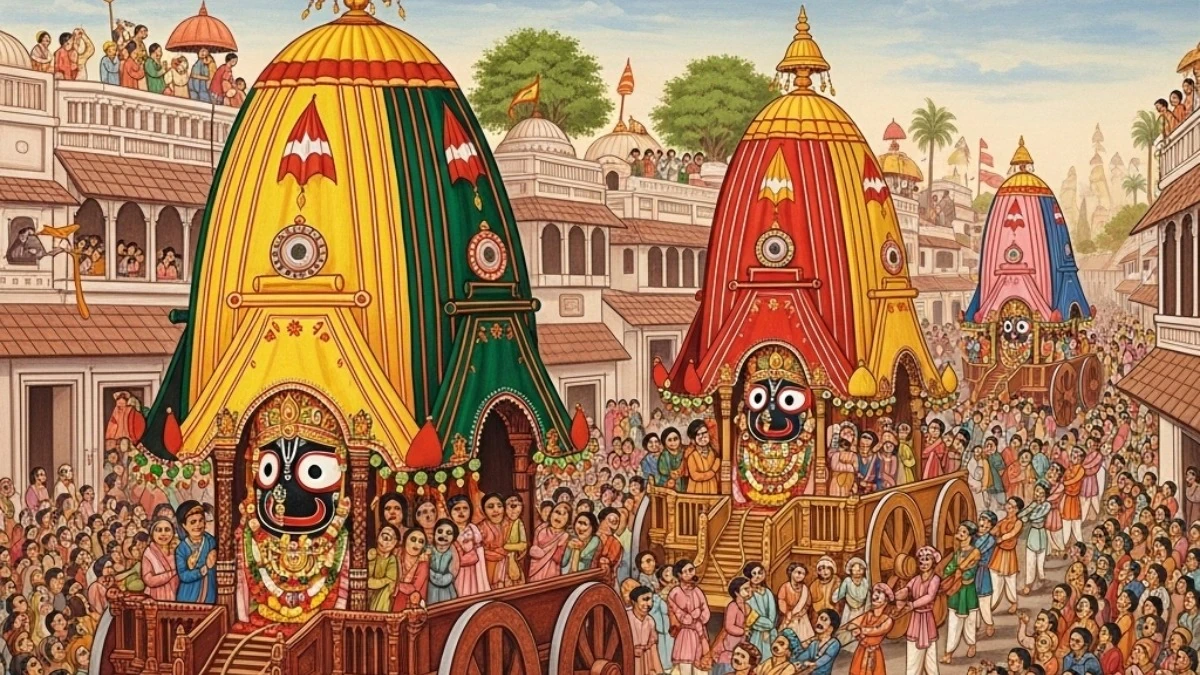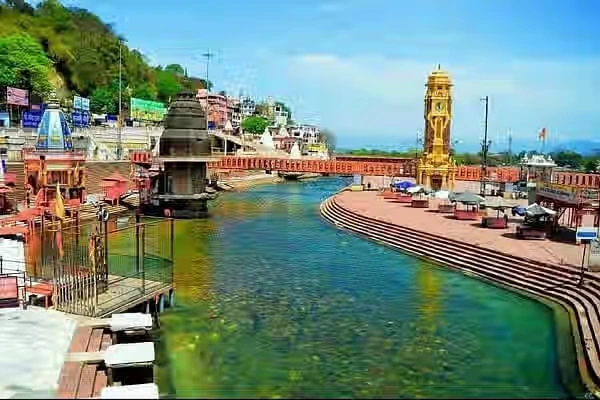29-Nov-2024, 11:29 AM
The Ajmer Sharif Dargah, a prominent Sufi shrine in Rajasthan, is currently at the center of a legal controversy following a petition claiming it was built over a former Hindu temple. This petition, filed by the Hindu Sena, asserts that historical evidence supports their claim that the dargah was constructed atop a Shiva temple. The Archaeological Survey of India (ASI) and the Union Ministry of Minority Affairs have received notices from the Rajasthan court about this lawsuit, which is scheduled for a hearing. on December 20.
In response to these developments, the spiritual leader of the Ajmer Sharif Dargah has publicly stated that it is “not right to create such controversies” and emphasized the importance of religious unity in the region. This statement underscores a broader concern among community leaders about maintaining communal harmony amidst rising tensions surrounding religious sites in India. The petition has sparked significant debate regarding the Places of Worship Act of 1991, which aims to preserve the religious character of places of worship as they existed on August 15, 1947. Critics argue that the claims made by the petitioners could destabilize this delicate balance and provoke communal discord.
The Hindu Sena’s petition references historical texts, including excerpts from Har Bilas Sarda’s 1911 book, which allegedly mention remnants of a Shiva temple at the site. They are calling for an ASI survey to investigate their claims further, asserting that parts of the original temple structure remain within the dargah. This legal action is part of a broader trend in India where similar disputes have arisen over other historical sites, such as the Gyanvapi mosque and Shahi Idgah mosque, raising concerns about their implications for India’s religious and cultural landscape.
The spiritual leader’s remarks highlight an essential aspect of this situation: the need for dialogue and understanding among different faith communities. By advocating for unity rather than division, he aims to foster an environment where mutual respect prevails over conflict. As this case unfolds in court, it will be crucial to observe how it impacts not only the Ajmer Sharif Dargah but also broader interfaith relations in India





